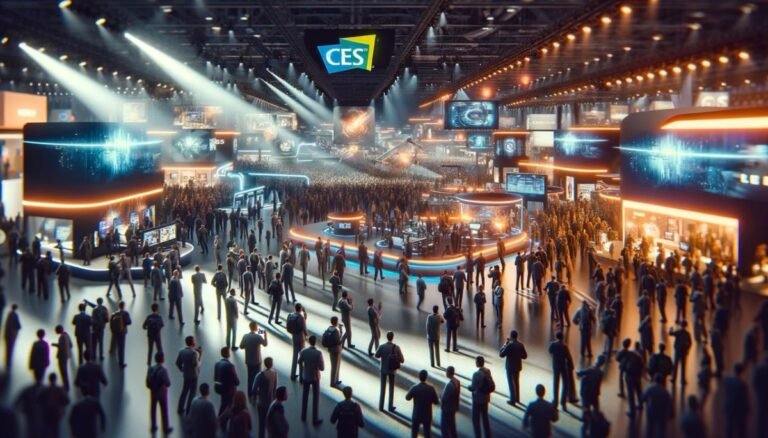
CES 2024 or bust, Superpedestrian e-scooters hit the auction block and Fisker struggles to meet sales goalsThe Station is a weekly newsletter dedicated to all things transportation.
I appreciated a bit of rest and recovery, just in time for CES 2024.
The Big Three U.S. automakers (Ford, GM and Stellantis) won’t have big splashy displays and announcements as in past years.
However, there will be plenty of automotive, and more broadly, transportation companies and startups in attendance.
Shell Ventures, InMotion Ventures, Porsche Ventures, and Revo Capital also participated.

VinFast, Vietnam’s electric vehicle manufacturer, plans to initially invest $500 million to set up an integrated facility in India and break into the world’s third-largest automobile market.
The memorandum of understanding with the state government of Tamil Nadu, unveiled on Saturday, earmarks an investment of up to $2 billion, the company said without giving a concrete timeframe.
“We are delighted that VinFast has chosen to invest in Tamil Nadu to establish its integrated EV facility.
Nonetheless, India has been an attractive market for global EV players as the country aims to have 30% electrification by 2030.
Its India deal announcement follows VinFast naming its founder and biggest backer, Pham Nhat Voung, as CEO earlier on Saturday.
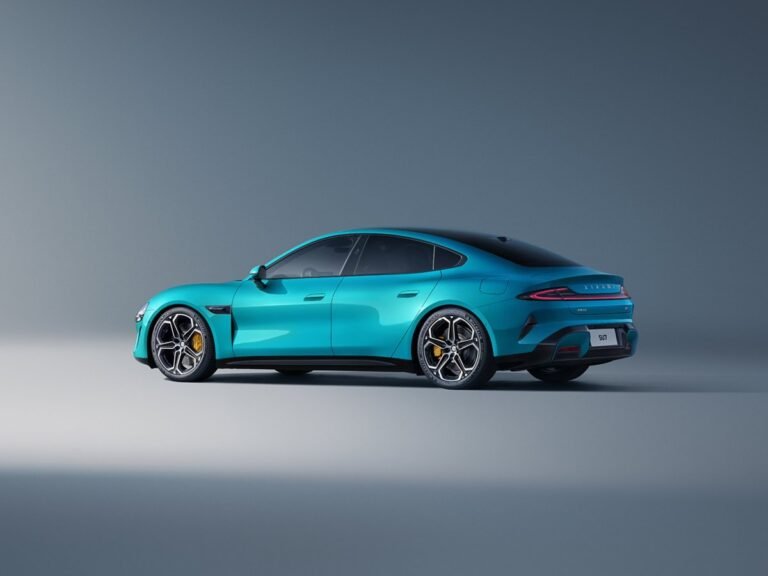
Chinese smartphone giant Xiaomi has revealed its first electric car, a sharp-looking sedan called the SU7.
It’s the same pitch Faraday Future’s founder originally gave many years ago when promoting his original electric vehicle project in China, a part of his tech conglomerate at the time.
There are quite literal versions of this in Apple’s CarPlay and Google’s Android Auto, which mirror a phone’s software on the in-car screen.
Volkswagen tried to build up its own powerhouse in-car software team but has struggled mightily.
Tesla has developed a robust in-car software experience for its vehicles, though it has resisted CarPlay and Android Auto in favor of maintaining control of its screens.
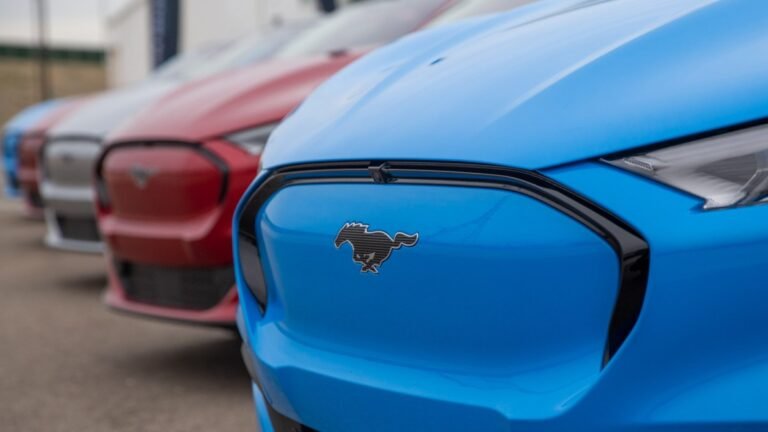
The EV tax credit is about to get better, and also harder to findThe federal tax credit for electric vehicles is about to change in one particular way that will make it far more attractive to buyers.
Vehicles qualify for a $3,500 credit if the automakers follow certain guidelines on where they source battery materials, and another $3,500 provided they stick to similar rules for battery components.
As a result, General Motors said this week only its Chevy Bolt will qualify for the full tax credit starting January 1.
Ford, meanwhile, said only its F-150 Lightning will qualify for the full $7,500 credit.
The Lincoln Corsair Grand Touring SUV will be eligible for half of the credit, while the Mustang Mach-E, Lincoln Aviator Grand Touring plug-in hybrid and E-Transit van won’t.
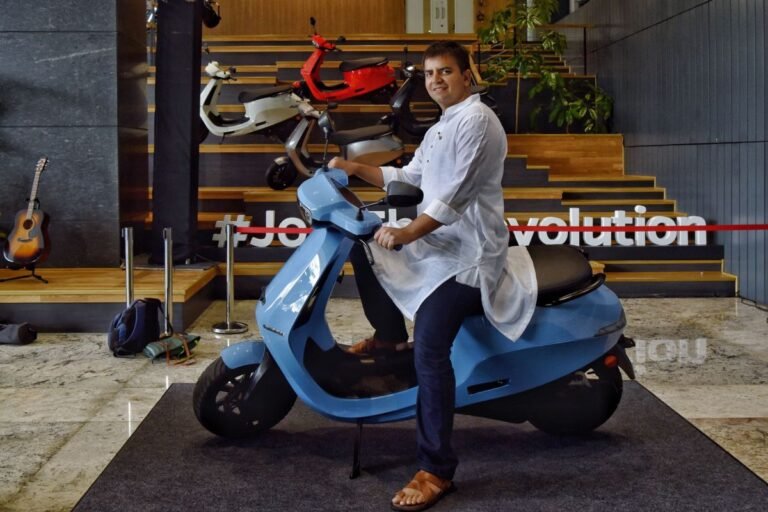
India’s Ola Electric seeks to raise $661.8 million in an initial public offering, the Bengaluru-headquartered startup said in draft papers filed with the country’s market regulator on Friday.
The paperwork for the initial public offering follows Ola Electric raising $384 million from Temasek and Indian government-backed lender State Bank of India in a debt-heavy funding round in late October.
Led by Aggarwal, Ola Electric emerged out of the ride-hailing giant Ola in 2019.
He is also the Chairman and Managing Director of ANI Technologies Private Limited and has recently founded a new startup, Krutrim SI Designs Private Limited.
His involvement with ANI Technologies Private Limited and Krutrim SI Designs Private Limited may detract from the time that he is able to dedicate to our Company,” the prospectus added.
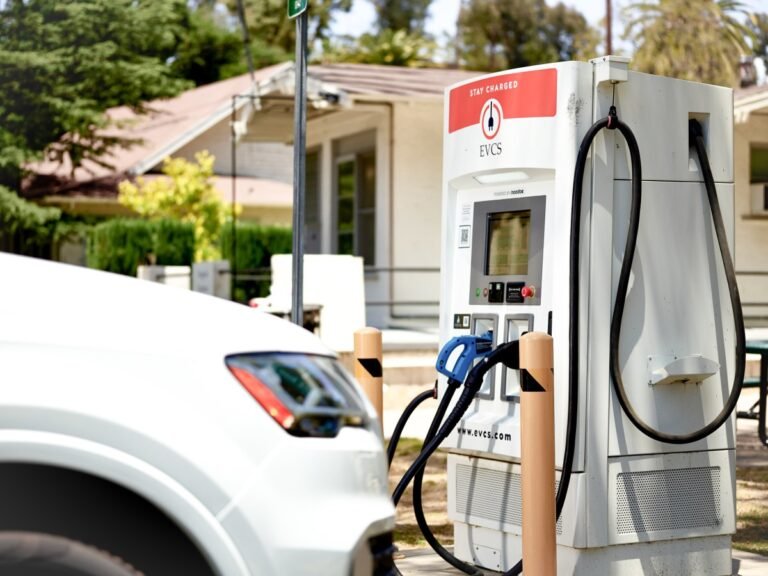
Electric vehicle charging company EVCS is raising a $20 million round, TechCrunch+ has exclusively learned.
The startup has so far raised $7.5 million of the $20 million target, according to paperwork the company filed with the SEC on Wednesday.
If EVCS can raise the rest, this round would make for a slight step up from the $18.8 million Series A the company raised in July 2022, perhaps as an extension to that round.
But the round also suggests a tempering of expectations at the startup, which reportedly explored raising $125 million as recently as this June.
The funds would have helped the company add more than 2,000 fast chargers to its network.
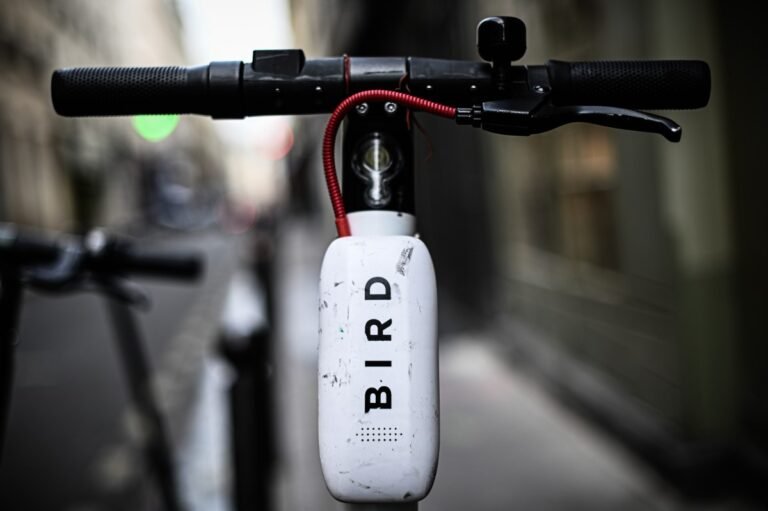
Bird has filed for Chapter 11 bankruptcy, capping off a turbulent year for the electric scooter company.
This decline led the NYSE to issue a warning that Bird’s share price was too low.
Separately, Bird also announced a round of layoffs shortly after buying rival Spin for $19 million.
Chapter 11A Chapter 11 bankruptcy will enable Bird to restructure its financials without disrupting day-to-day operations, with Apollo Global Management division MidCap Financial among existing lenders providing $25 million in financing through the bankruptcy proceedings.
And in Europe, dockless scooter startup Tier recently laid off 22% of its workforce, which followed Dutch e-bike startup VanMoof’s bankruptcy proceedings.
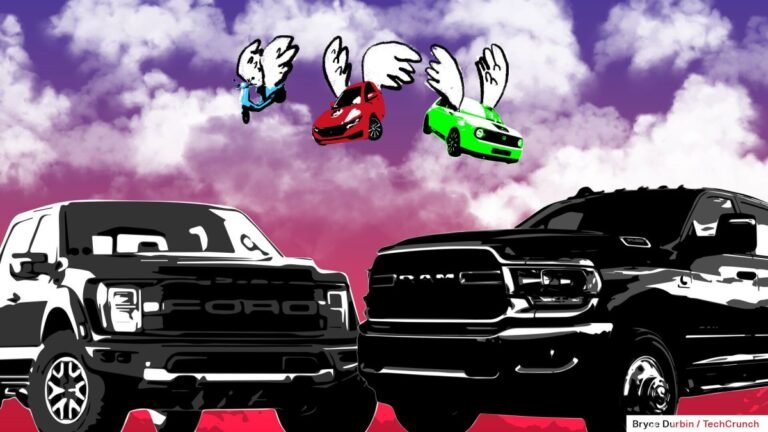
Sono SionGerman automaker Sono once led the charge to bring solar panels to electric cars with the five-seater Sono Sion hatchback.
No longer an automaker, Sono now focuses on embedding its solar tech into other vehicles.
GM, Honda’s affordable EVsGeneral Motors and Honda said in April 2022 that they’d co-develop millions of small and affordable EVs.
Months later, it seems the acquirer has yet to restart VanMoof production or resume repairs.
On the other handIt’s been a bummer year for fans of small EVs, but all is not lost.
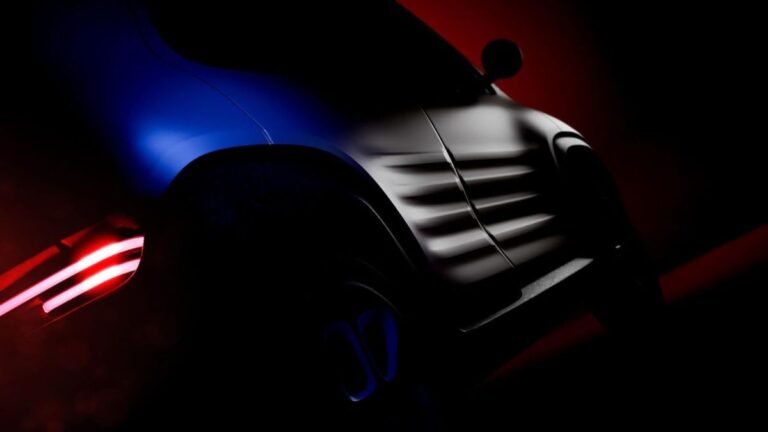
As the world gears up for a future where alternative forms of transportation are more prevalent, French startup Kate plans to redefine what it means to own a car. With…
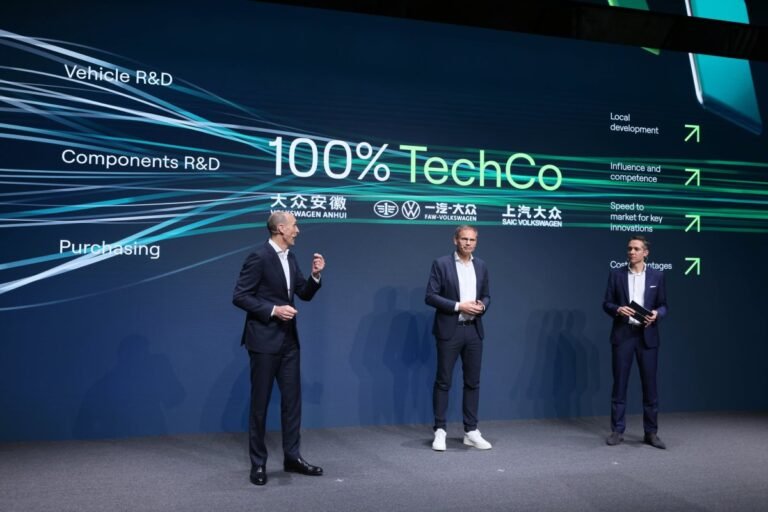
Auto Shanghai is one of the most important auto shows in the world, and this year is no exception. The event features a wide selection of vehicles from all major…













